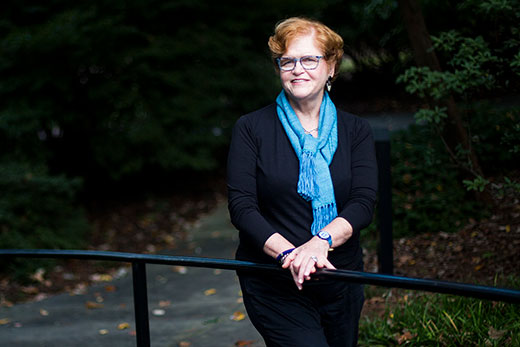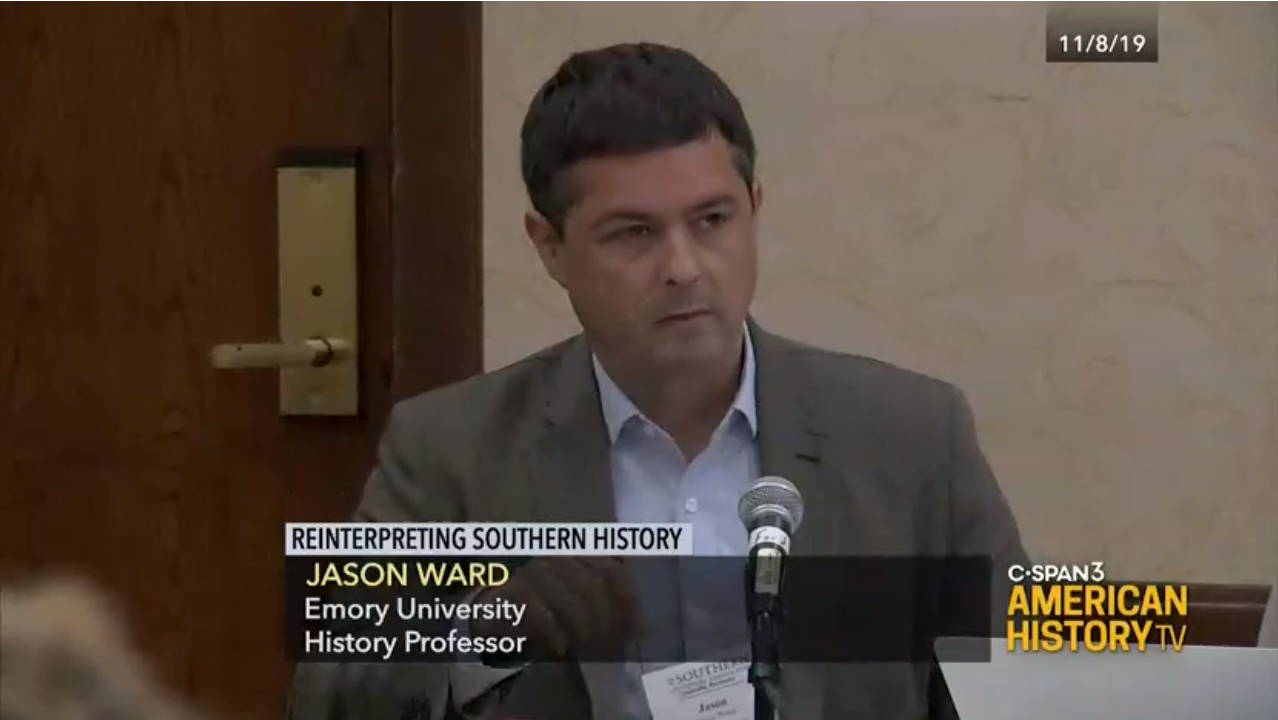
Congratulations to Dr. Deborah Lipstadt on receiving Emory’s 2020 Exemplary Teacher Award (formerly known as the Scholar/Teacher Award) for transformational teaching and public scholarship. Lipstadt is Associated Faculty in the History Department and Dorot Professor of Modern Jewish and Holocaust Studies in the Department of Religion and The Tam Institute for Jewish Studies. The award is one of the top honors given to faculty at Emory.
Michael A. Elliott, dean of Emory College of Arts and Sciences and Charles Howard Candler Professor of English, nominated Lipstadt for the award, writing: “As an historian, public intellectual, teacher and mentor, her tireless commitment to scholarly rigor and to social justice are expressed in her astonishing level of service to the university, and to the broader community, all of which she models to her students.” Read a full profile of Listadt, authored by the Emory News Center’s Kimber Williams, here: “Lipstadt receives Exemplary Teacher Award for transformational teaching and public scholarship.”

